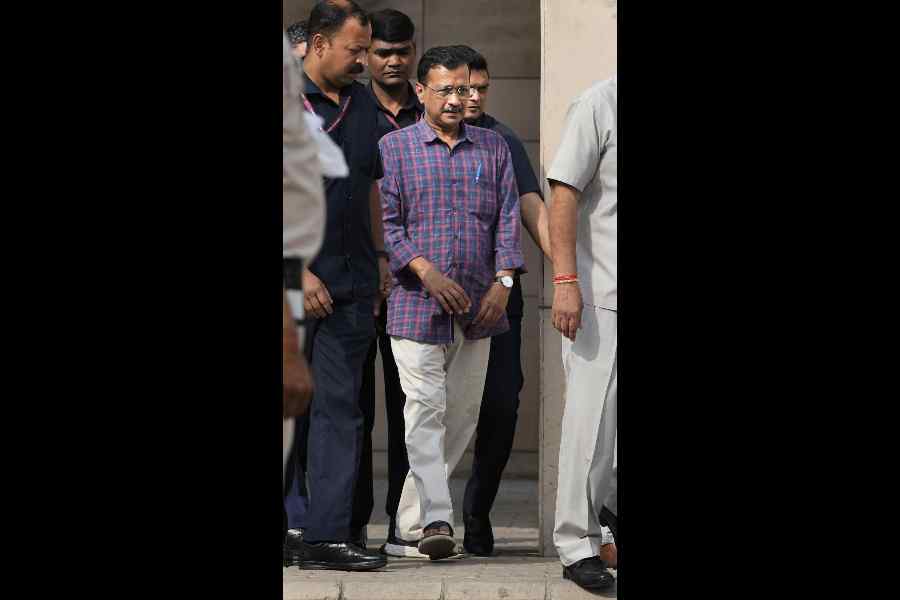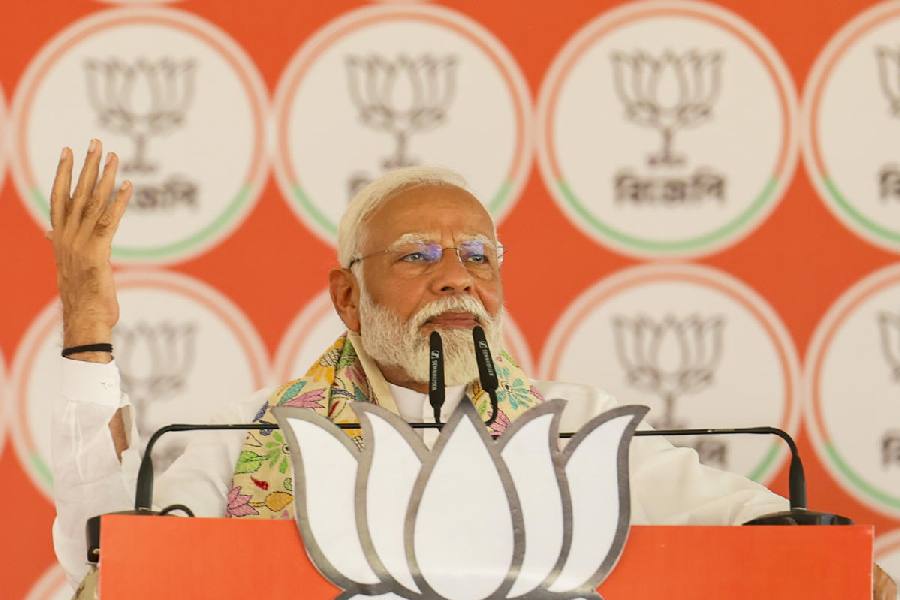What are electoral bonds?
A: Electoral bonds are bearer instruments, similar to currency notes. They are available for purchase during 10-day windows in January, April, July and October, and during an additional 30 days in the years of Lok Sabha elections.
While political parties are required to reveal the identities of all donors who donate more than Rs 20,000 in cash, the names of those donating via electoral bonds do not have to be revealed, no matter how large the sum.
When did the scheme start? Who is eligible to receive the bonds?
A: Electoral bonds were introduced in the financial year 2017-18, avowedly to achieve a cleaner system of political funding in the country.
Any political party registered with the Election Commission that had received 1 per cent of the votes in the last general election or Assembly polls is eligible to receive donations through the bonds.
What are the denominations of electoral bonds? Who can buy these bonds?
A: Electoral bonds are issued in denominations of Rs 1,000, Rs 10,000, Rs 100,000, Rs 10 lakh and Rs 1 crore.
The bonds can be purchased by a “person” who is an Indian citizen or is incorporated or established in India. The definition of “person” includes (i) an Individual; (ii) a Hindu undivided family; (iii) a company; (iv) a firm; (v) an association of persons or a body of individuals, whether incorporated or not; (vi) every artificial juridical person not falling within any of the preceding sub-clauses; and (vii) any agency, office or branch owned or controlled by such person.
The KYC norms for bank customers apply to all applicants for the purchase of electoral bonds.
Who is authorised to issue electoral bonds?
A: The Government of India has authorised the State Bank of India (SBI) to issue and encash electoral bonds through 29 authorised branches.
Are these bonds anonymous?
A: While donors using electoral bonds are technically anonymous, the State Bank of India is publicly owned, meaning the ruling party has access to its data. This is likely to dissuade large donors from using electoral bonds to donate to Opposition parties, critics have said.
What is the validity period of electoral bonds?
A: Electoral bonds are valid for 15 calendar days from the date of issue. If an electoral bond is deposited after the expiry of the validity period, no payment shall be made to the payee political party. The number of bonds not encashed within the validity period shall be deposited by the authorised bank to the Prime Minister’s National Relief Fund.
What are the features of electoral bonds?
A: Electoral bonds feature anonymity since they bear no identification of the donor or the political party to which the money is donated. The RBI had expressed concern over the bearer instruments of the bond and contemplated the possibility of misuse, more particularly through the use of shell companies. It had suggested that the bonds be sold in digital form (demat) rather than in physical form. In the face of the RBI’s objections, the government amended the RBI Act to allow the SBI to issue bearer instruments.
Who has benefited from these bonds the most?
A: The total value of electoral bonds purchased (Phase-1 to Phase-30) from the State Bank of India is about Rs 16,518 crore, according to the finance ministry. The BJP received nearly Rs 1,300 crore of this in the financial year 2022-23, more than seven times what the Congress got in the same period, according to annual audit reports submitted to the Election Commission.
The Congress earned Rs 171 crore from the electoral bonds in 2022-23, down from Rs 236 crore in 2021-22. According to RTI data available in the public domain, about 57 per cent of the funds donated through bonds went to the BJP between 2017 and 2022. The party, according to its declarations to the Election Commission, received Rs 5,271.97 crore via these bonds between 2017 and 2022. The Congress was a distant second at Rs 952.29 crore.










